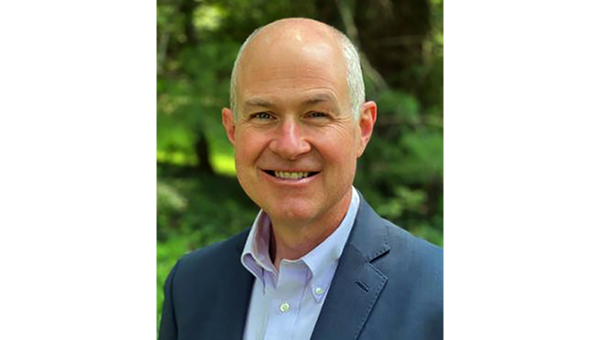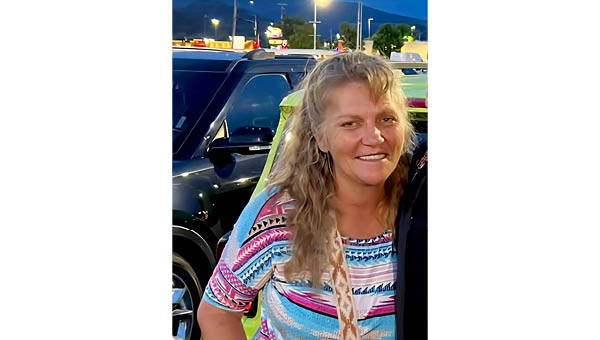Teach children to say ‘no’ to sexual abuse
Published 9:10 am Wednesday, April 20, 2016
One in 10 children will be sexually abused before their 18th birthday, according to the Children’s Advocacy Centers of Tennessee, and one in five youth will receive sexual solicitation or be approached online. Parents can help protect their children from sexual abuse by teaching them about inappropriate touch and saying “no” to adults.
April is National Child Abuse Prevention Month, a time set aside to raise awareness of child abuse and ways to prevent and stop it. While more than 60% of the more than 9,000 substantiated child abuse cases in Tennessee in 2011 – the latest year for which detailed child abuse data is available – involve neglect, data show 2,599 Tennessee children, or 28.1 percent, were victims of sexual abuse, according to the 2013 Tennessee Child Sexual Abuse State Plan. National child abuse statistics show girls are more likely than boys to be sexually abused, with one in seven girls and one in 25 boys estimated to experience sexual abuse before turning 18. While the numbers of child victims are high, parents can help their children avoid and stop abuse by talking to them about it.
“The best way to help prevent sexual abuse is having parents talk to their children about it,” said Dr. Tim Goldsmith, chief clinical offier with Youth Villages, a nonprofit organization that helps more than 6,000 children in Tennessee for emotional and behavioral issues, along with trauma from abuse and neglect.
Goldsmith suggests parents start the conversation by telling children about appropriate touch. For example, he said, it’s appropriate to touch hands, head or shoulders, but children should know that the areas covered by a bathing suit are private areas that are not appropriate to be touched by anyone except for parents when they help a child take a bath or doctors during a medical exam when the parents and child have consented.
“Children need to be taught what’s not appropriate and that they are allowed to say, “No” to any adult who touches them inappropriately and anyone whose touch makes them feel uncomfortable,” Goldsmith said.
That’s because children aren’t used to saying “no” to adults and may be especially afraid to speak up in a situation that scares them, he added.
In addition to educating children about inappropriate touch, Goldsmith suggests parents let children know more than once that it’s OK to talk to them if someone touches them inappropriately and who some additional people are the child can talk to.
“It’s crucial that children feel safe talking about this very difficult topic and that they know their parent and other caregivers will believe them and support them if it happens to them and they disclose it,” Goldsmith said.
According to the Children’s Advocacy Centers of Tennessee, a project funded by the state of Tennessee, only 38% of child victims disclose abuse. But getting help for children who have experienced abuse is crucial, Goldsmith said.
Unaddressed child sexual abuse can have devastating effects on children’s health and mental health. Studies have shown that the effects can last a lifetime and can result in additional victimization in adulthood, along with substance abuse, physical health issues and other problems, according to the Children’s Advocacy Center’s website.
“Children who have been abused should receive counseling as quickly as possible to have the best chance of recovery from the trauma they have experienced,” Goldsmith said.
If children disclose they have suffered abuse, it’s important for adults to stay calm and supportive, and to contact the Tennessee Department of Children’s Services’ Child Abuse Hotline immediately at 1-877-237-0004.
Tennesseans are required by law to report child abuse, including suspected child abuse. Reports can be made 24/7 to the hotline, including on holidays and weekends. Reports can also be filed to local law enforcement.
There are ways for members of the public to help children who have experienced abuse or neglect. If you’re interested in helping a child, consider becoming a volunteer, mentor, donor or foster or adoptive parent for a local children’s services organization.
“There are many ways to help and many great organizations to support,” said LeaAnn Blitch, the Youth Villages foster parent trainer in Johnson City. “In summer, we collect donations of backpacks and school supplies for the children we help, and in late fall, we look for Holiday Heroes who fill children’s holiday wishes. We also are in need of foster and adoptive families around the year, and sometimes, there are other ways to volunteer with us here in East Tennessee or in our programs across the state.”
To learn more about supporting children helped by Youth Villages, call Blitch at 423-283-6527 or visit www.youthvillages.org.
Founded in 1986, Youth Villages is a leading national nonprofit dedicated to providing the most effective local solutions to help emotionally and behaviorally troubled children and their families live successfully. The organization helps more than 23,000 children and families each year from more than 20 states and Washington, D.C. Youth Villages’ Evidentiary Family Restoration approach involves intensive work with the child and family, a focus on measuring outcomes, keeping children in the community whenever safely possible, and providing unprecedented accountability to families and funders.





